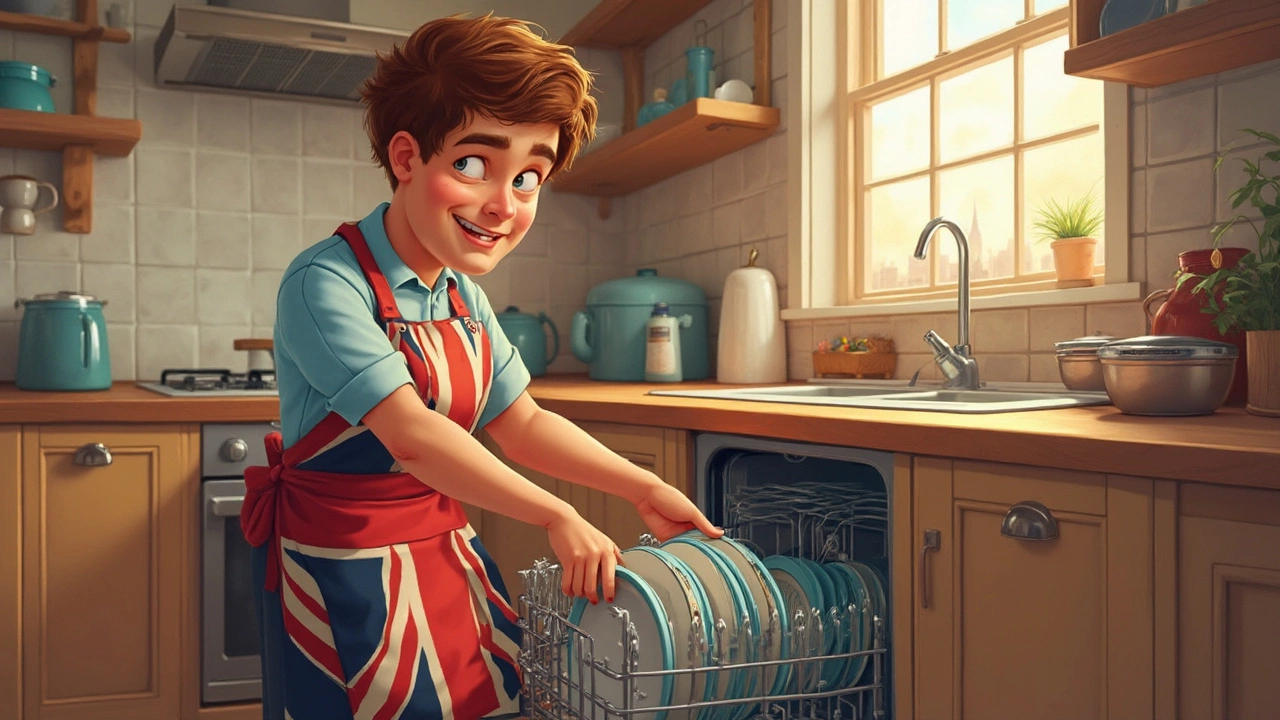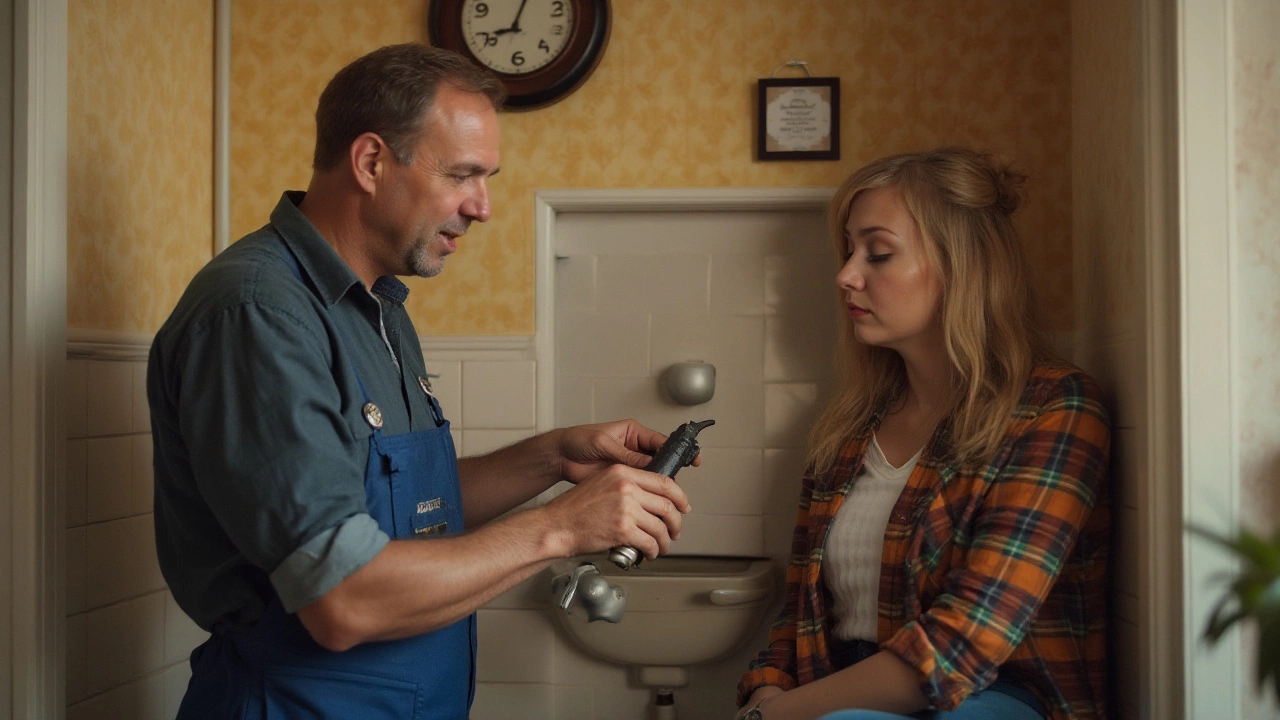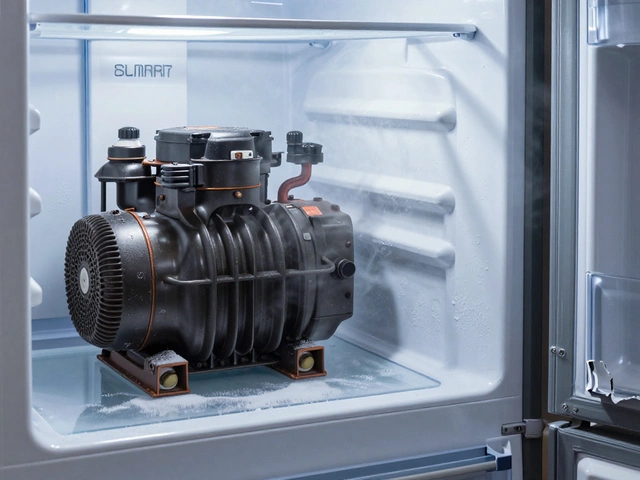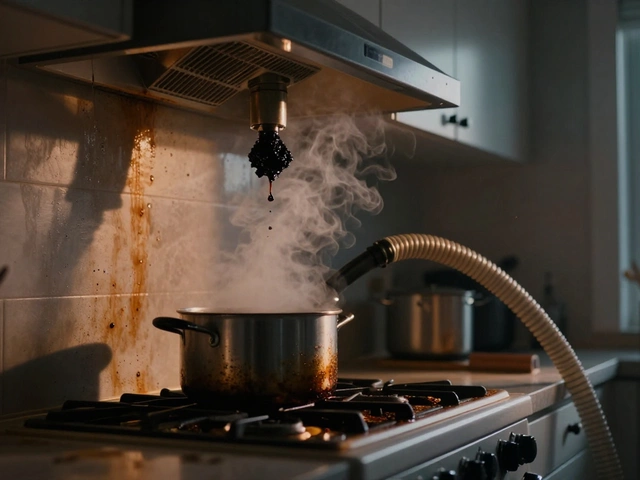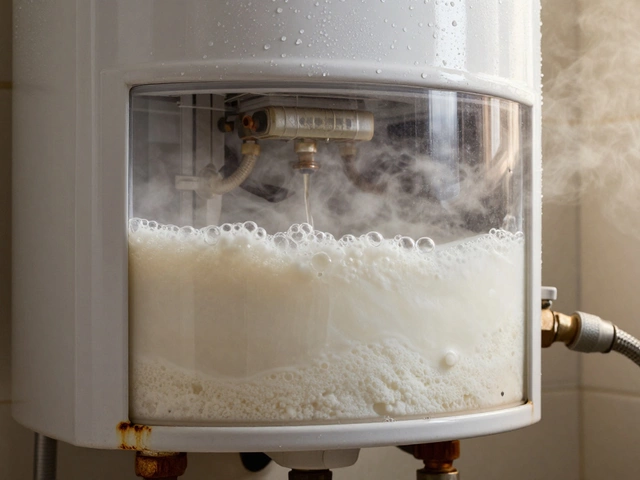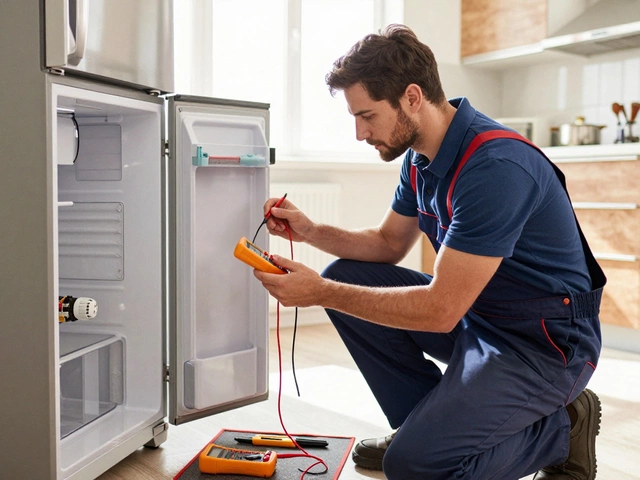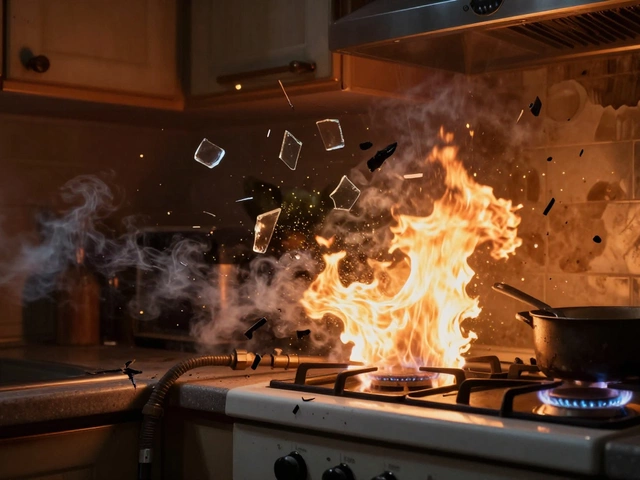Common Failures: What Goes Wrong with Home Appliances and How to Fix It
When an appliance stops working, it’s easy to feel stuck. The good news is most problems have a clear cause and a simple fix. Below we break down the typical failures you’ll see in washers, fridges, ovens, dishwashers, and other gadgets, plus quick steps you can try before calling a pro.
Washing Machines – Leaks, Won’t Spin, and noisy drums
One of the first things to check is the water inlet hoses. Over time they can crack or get blocked, causing leaks or a machine that won’t fill. If the washer spins but doesn’t agitate, the drive belt may be worn – look for a cracked rubber edge. A loud thumping sound often means something is stuck in the drum; remove any coins or socks you might have missed. Resetting the machine by unplugging for a minute can clear minor electronic glitches.
Refrigerators – Not cooling, frost build‑up, and noisy fans
When a fridge isn’t cooling, the first culprit is usually the condenser coils. Dust them off with a vacuum brush and the cooling efficiency improves instantly. A freezer that’s frosting up often points to a faulty door seal; run a simple water test – if drops fall into a bowl, replace the gasket. If you hear a humming fan but the fridge stays warm, the evaporator fan motor may have burnt out and needs swapping.
Ovens and Stoves – No heat, uneven baking, and timer errors
Electric ovens that won’t heat are frequently suffering from a blown heating element. Look for visible cracks or a burnt smell; a multimeter can confirm if the element is dead. Gas ovens that won’t ignite usually have a dirty igniter; a gentle scrub with steel wool often restores flame. If the temperature is off, the oven thermostat may be mis‑calibrated – most models let you adjust it with a few button presses.
Dishwashers – Not draining, strange smells, and spray arm problems
A dishwasher that won’t drain most often has a clogged filter or a kinked drain hose. Pull out the bottom rack, remove the filter, clean out food bits, and run a short cycle. Bad smells usually come from food trapped in the filter or a stagnant pump – a quick run with a cup of white vinegar can freshen it up. If the spray arms aren’t spinning, check for mineral buildup; a soak in warm water and a soft brush will clear them.
While DIY checks can solve many hiccups, some failures need a qualified technician. Look for signs like repeated reset button trips on a water heater, constant error codes on a boiler, or a furnace that won’t fire despite all basics being OK. Those are safety‑related issues that are best left to pros.
Regular maintenance stops most failures before they start. Clean coils, wipe door seals, run a monthly empty‑cycle with vinegar in your dishwasher, and give your washing machine a quick belt check every year. A little attention now saves you from pricey repairs later.
Got a different problem that isn’t covered here? Make a note of what you see – any odd noises, error lights, or smells – and share it with a repair service. The more detail you give, the quicker they can pinpoint the fix.
Bottom line: most appliance failures are predictable and often fixable with a few tools and a bit of patience. Keep this guide handy, run the simple checks first, and you’ll keep your home running smoothly without breaking the bank.
Common Dishwasher Failures and Fixes
- Alden Wilder
- Feb 13 2025
- 0 Comments
Dishwashers make life easier until they start acting up. Common issues include clogged spray arms, faulty door seals, or a malfunctioning drain. Knowing what to look for and how to fix it can save you a service call. Regular maintenance can prevent many of these problems. Discover how to troubleshoot these typical failures.
View MoreCommon Water Heater Failures and Repair Tips
- Alden Wilder
- Nov 7 2024
- 0 Comments
Water heaters, essential for everyday comfort, often face issues that disrupt their functionality. This article dives into common water heater failures like thermostat issues, sediment build-up, and leaks. It offers practical advice on recognizing these problems early and how to address them to extend the heater's life. Learn tips on routine maintenance to prevent serious breakdowns and how to decide when professional help is necessary.
View More